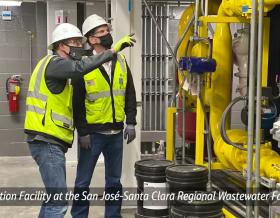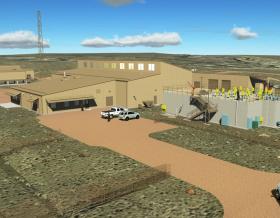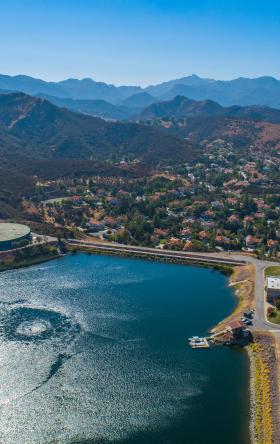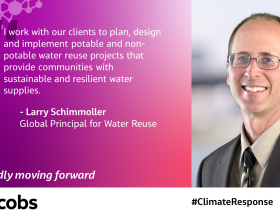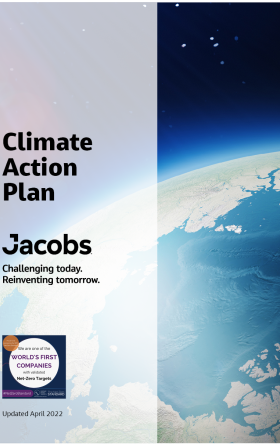Decarbonization
The world’s attention has shifted toward the global drive to net zero, with the United Nations noting the time is now for action on climate change.

In 2020, net zero carbon commitments roughly doubled, with many countries embracing the opportunity to deliver “green stimulus” to support economic recovery post-COVID. And in late 2021, world leaders gathered at COP26 to coordinate action to stop the rise in global temperatures.
Decarbonization has a big role to play.
Reducing emissions and reaching “net zero” on a global level has been – and will continue to be – one of the world’s largest and most pressing challenges in the coming decades. With the effects of climate change – extreme weather events, polar ice cap melts, wildfires and droughts – becoming more frequent and more intense, it’s paramount that we take urgent action to tackle this problem and its associated impacts on environments, economies and societies around the globe.
Decarbonization is our overarching path to a net zero future and this “race to zero” comprises two complementary pathways. The first pathway is about reducing the carbon footprint produced across every industry – from water and transport, to manufacturing and city precincts. The second is by decarbonizing the gas and electricity systems that power them, which is commonly referred to as “the energy transition.”
Helping our clients to reduce their carbon footprint

Emissions stem from our business activities and societal drive for growth. From cleaning our water so that it’s drinkable, to getting people to work in the morning and then back to their families at the end of the day, most of the activities we engage in on a daily basis have an impact. And as our global population increases and our economies evolve, our carbon footprint will continue to grow unless we make an active effort to reduce the greenhouse gas emissions stemming from these activities.
Supporting organizations across industries in their journey towards net zero emissions will be underpinned by our ability to develop solutions that support the alignment between net zero objectives as well as economic, environmentally sustainable and equitable growth. But this isn’t simply a case of adapting in the face of change. It’s about maximizing the transformational opportunities that arise on this journey, developing sustainable and resilient solutions that enable humanity to thrive, while living within our planetary limits.
Decarbonizing our energy systems

The way we produce, transmit, distribute and use energy is transforming rapidly. Our gas and electricity systems are shifting away from fossil fuels and toward “green” energy. In the future, when we charge our electric vehicles or turn on our lights at home, the power we use is more likely to come from renewable and clean energy sources.
One of the biggest challenges in this transition will be developing energy systems that are not only “clean,” but also reliable and affordable. The sun doesn’t always shine, and the wind doesn’t always blow, so how can we make sure that renewable energy is always available when and where we need it? And how can we make sure that our drive towards a green future positively impacts economic growth?
Our biggest opportunity to address climate change comes from the solutions we provide to our clients – from the world’s largest infrastructure projects to mission-critical outcomes and cutting-edge manufacturing.
-
Reducing carbon
Setting emission reduction targets is one thing, meeting them is another – and the road to a net zero-carbon future will be different for every organization. No matter where you are on your decarbonization journey, we partner with you to create smart, tangible solutions that help realize your net zero commitments and transform the world for good.
Whether you’re looking for ways to reduce your carbon footprint, a review of your existing net zero strategy and implementation plan, or a solutions provider to manage your journey from start to finish, our clear and proven approach to decarbonization sets us apart.
-
The energy transition
We’re working with clients around the world to develop strategies and implement projects that integrate an optimal mix of renewable energy generation, storage solutions and infrastructure to achieve a successful energy transition that reduces emissions, supports reliability and strengthens liveability outcomes for our communities.
Not only do we deliver world-class technical solutions, our work is underpinned by strategic, forward-looking advisory on developing trends that will shape the future of energy – from changing consumer behaviors and a rapidly evolving policy environment to the ever increasing pace of change in the emerging digital and technology landscape.
-
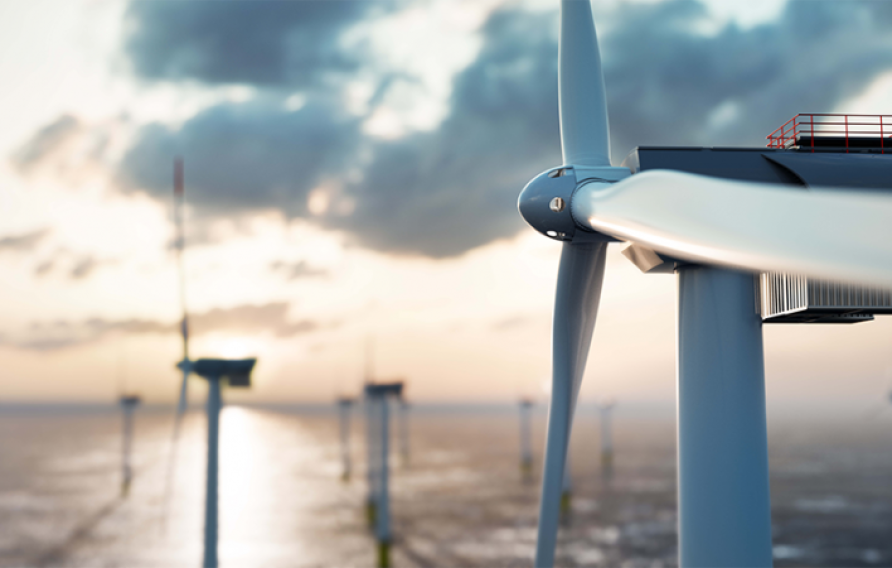
Offshore wind
Most of the world has only begun to tap into the potential of offshore wind as an abundant energy source. Higher wind speeds, coupled with more consistency, make offshore wind a reliable – and ultimately affordable – source of power.
-
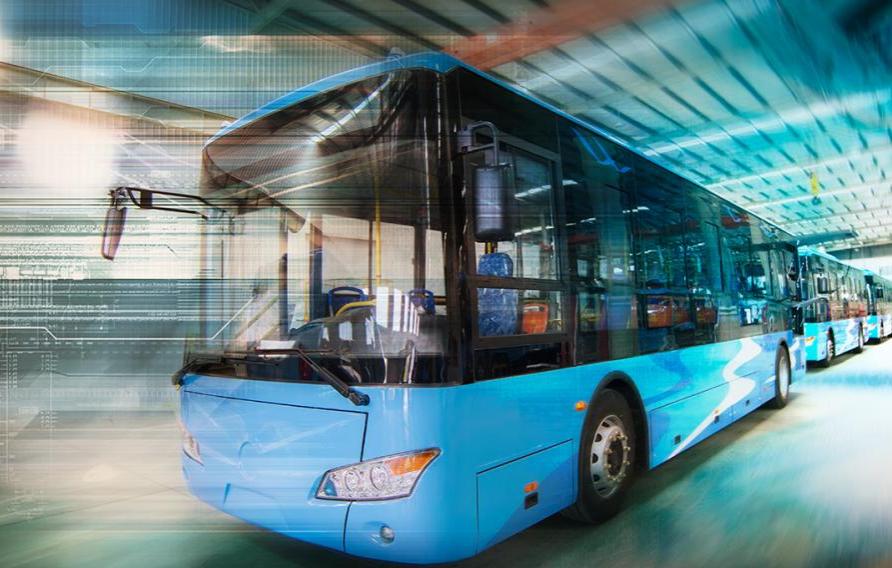
Green fleets
Reducing global transportation sector emissions is a top priority, and the greening of public and private vehicle fleets is one way for entire populations to take steps towards reducing their carbon footprint and environmental impacts.
-
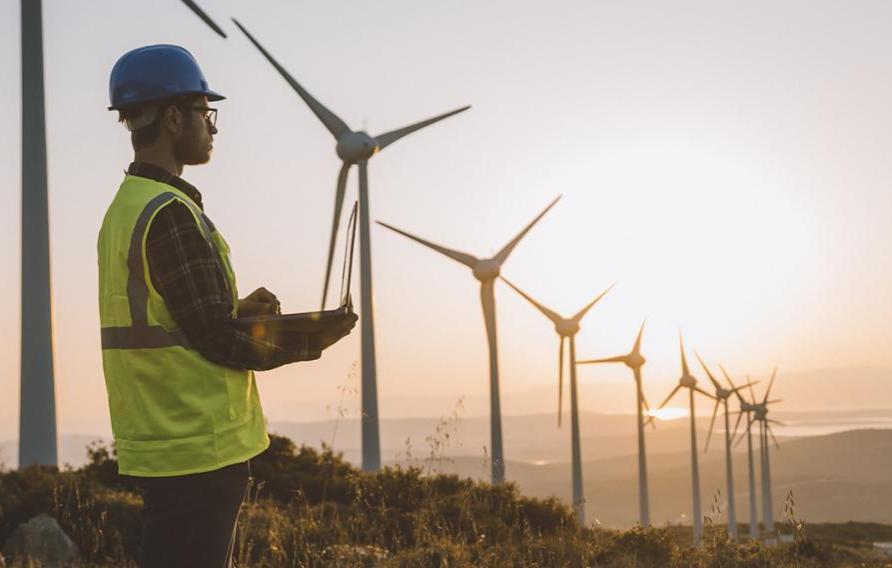
Energy & power
From aging and retiring asset bases in traditional base load power systems, to the increasing penetration of intermittent renewable generation, Jacobs is supporting power utilities and private companies all around the world to find the best solutions to their energy and power challenges.
-
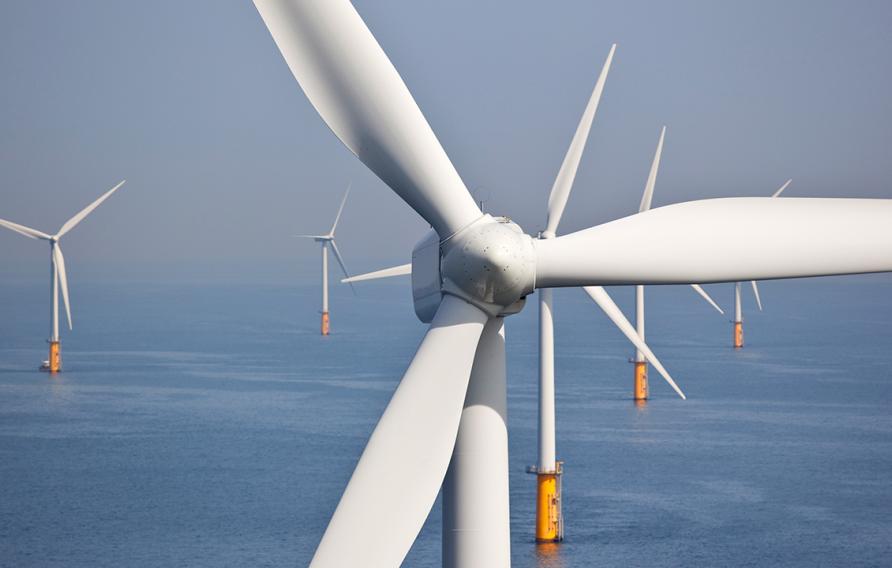 Showcase
ShowcaseSuedLink
Delivering a new 700 kilometer (km) underground cable connection, the $11 billion SuedLink project will help to better integrate renewable sources, such as wind and solar power, into Germany’s electricity grid, and also link with interconnectors to provide cross-border energy resilience. Jacobs will provide an integrated delivery partner approach to program and contract management, planning and approvals, stakeholder engagement, logistics, technical and other services on behalf of TenneT and TransnetBW respectively.
-
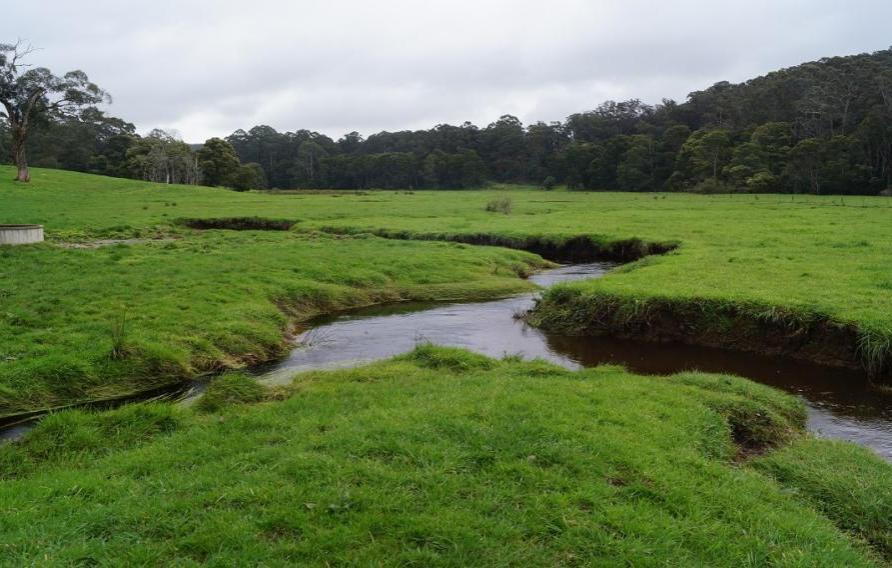 Showcase
ShowcaseCarbon Capture Offsets Trial
Jacobs was engaged to work on Australian Catchment Carbon Offsets Trial to help corporations identify possible strategies to meet the net zero emissions goal by 2050.
Our Climate Action Plan
Partner with a company that walks the talk
As we boldly move forward with channeling our expansive capabilities in climate response, we have re-focused our efforts on how we can build a net zero future not only within our own operations, but across the client solutions we deliver. As an industry-leading global solutions provider, our greatest opportunity to address climate change comes through the sustainable, resilient and nature-positive solutions we co-create with our public and private sector clients around the world.
You might be interested in...
-
 News
NewsUnderstanding the IPCC Sixth Assessment Report - Working Group II Report
Climate Change 2022: Impacts, adaptation and vulnerability
-
 News
NewsJacobs Achieves Net Zero Carbon Emissions and 100% Renewable Energy
In advance of the Climate Ambition Summit this Saturday, December 12, marking the fifth anniversary of the Paris Agreement, Jacobs (NYSE:J) has fulfilled its commitment to transition to 100% renewable energy for its operations in 2020 and achieved net-zero carbon emissions for its operations and business travel in 2020. These milestones and other key objectives were outlined earlier this year in Jacobs' first Climate Action Plan to help address the climate crisis.
-
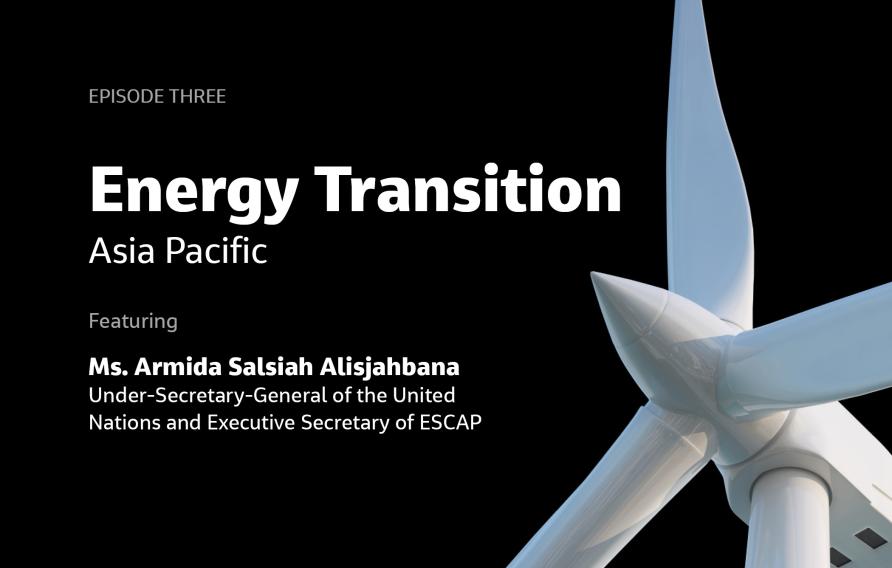 Podcasts
PodcastsSparks Episode 3: Energy Transition, Asia Pacific
In this episode, we explore how Asia Pacific’s diversity could also act as a catalyst for the net zero agenda and accelerate the transition through trade, knowledge-sharing, and collaboration opportunities.
-
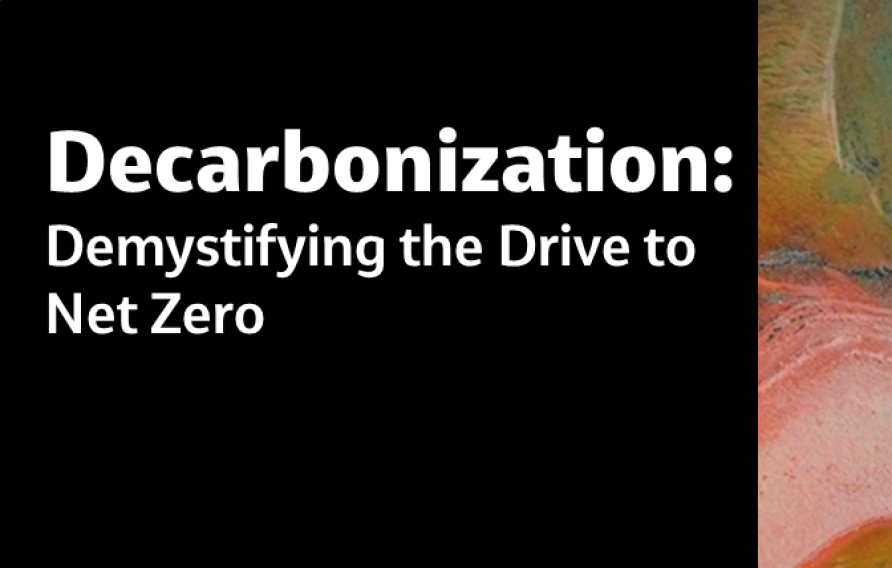
 Podcasts
PodcastsDecarbonization: Demystifying the Drive to Net Zero
In this episode of If/When, we demystify the terminology surrounding decarbonization and discuss some of the major challenges and opportunities facing the world today. Our guests include Jens Nielsen, CEO of the World Climate Foundation; Zoe Haseman, Jacobs’ Vice President for Global Sustainability; and Pete Adams, Jacobs Global Market Director for Power.
-
 Webinars
WebinarsNet-Zero Roadmap: How Water Resource Recovery Facilities Contribute to the Overall Decarbonization Strategy
In this “In the kNOW” webinar, we will explore the role of water resource recovery facilities (WRRF) in combating the climate emergency. The wastewater sector offers immense opportunities to contribute to climate goals. Two utilities – Metro Vancouver and VCS Denmark - will share their experience identifying and implementing measures to reduce emissions and achieve energy neutrality goals. We will also discuss the latest research on the quantification of nitrous oxide and methane emissions, considering global best science and the ambitions of the U.K. water sector as part of their 2030 net zero route map.

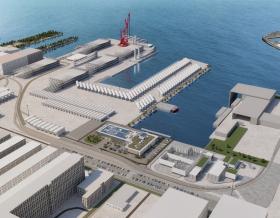

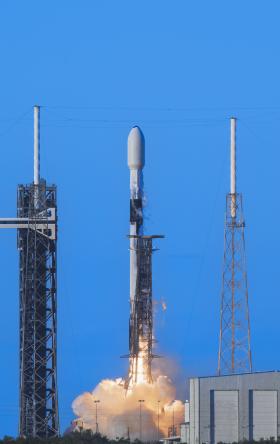

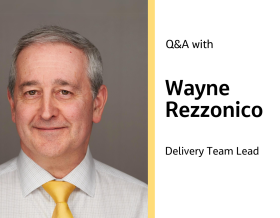




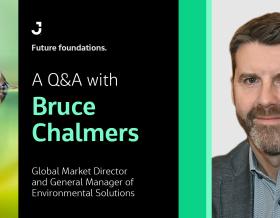

2c4e.jpg?h=c7c14dee&itok=FmPI2126)





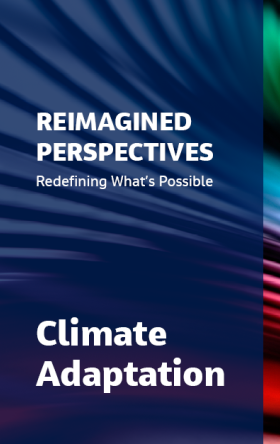
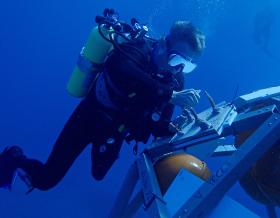









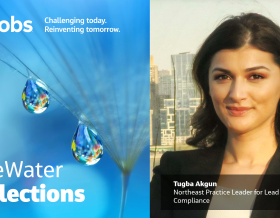

_0ac2b.jpg?h=8a6d63f3&itok=5vsqFiQH)

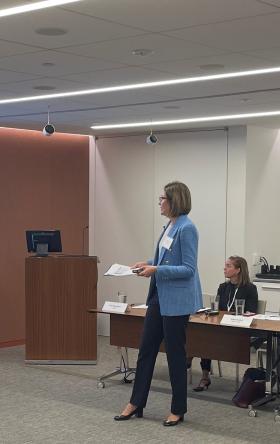

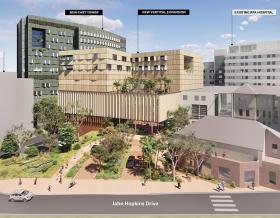


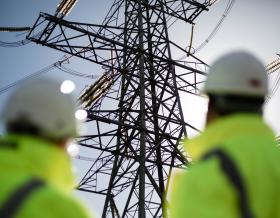
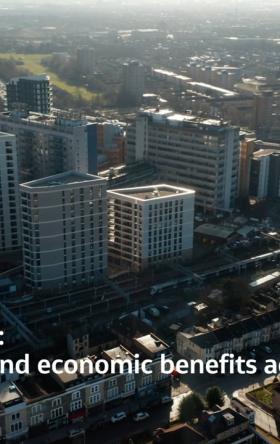

2747.png?h=1314d3d4&itok=rFs9mG95)

